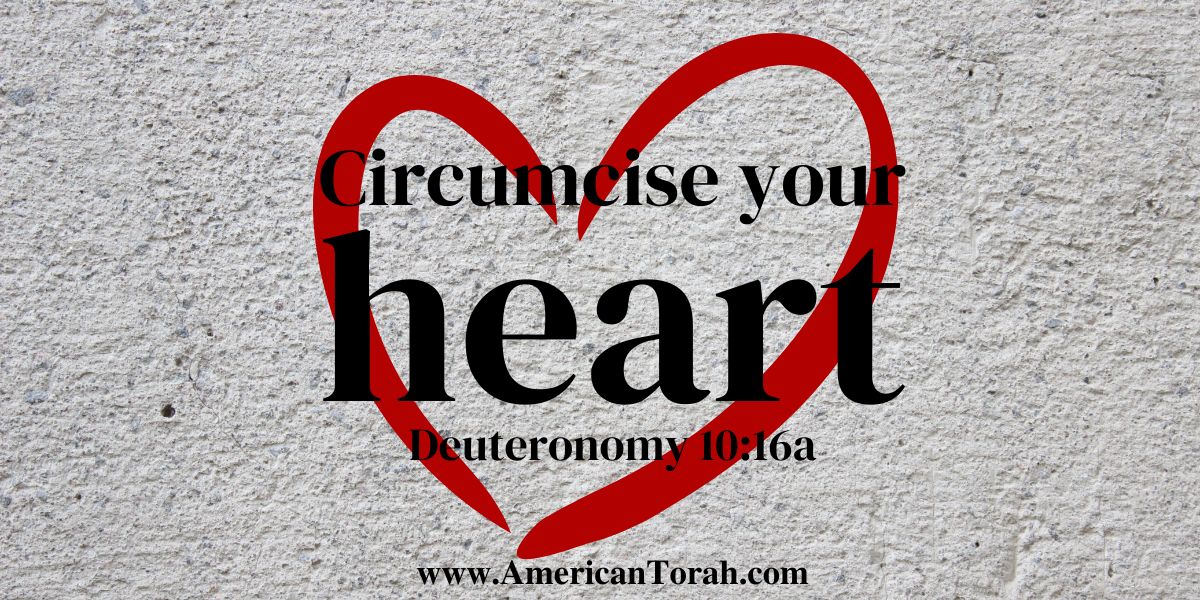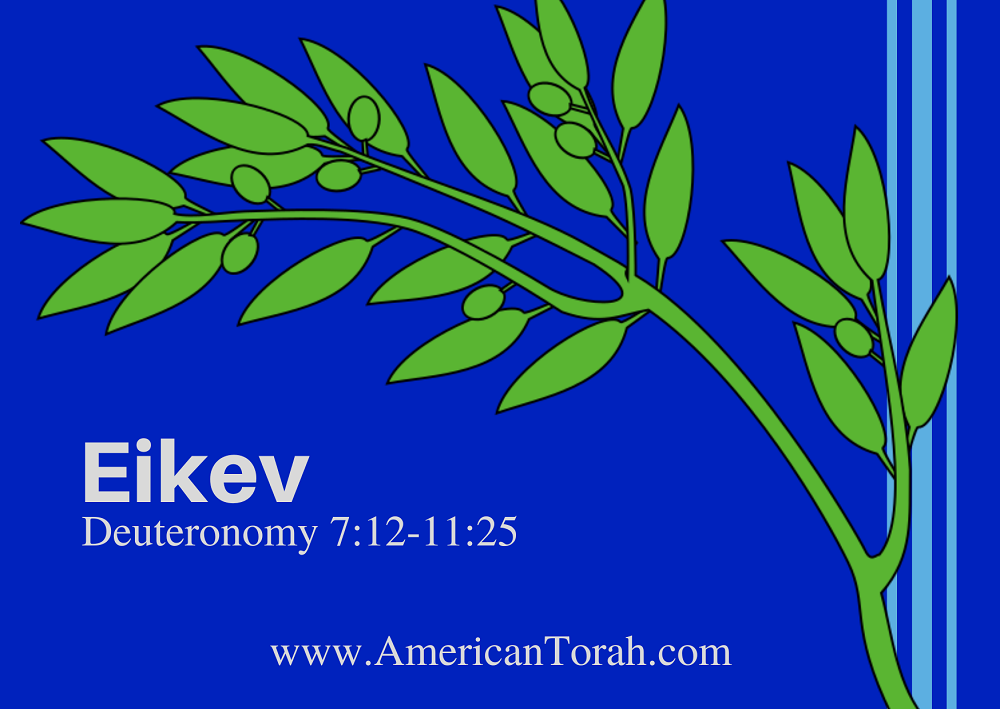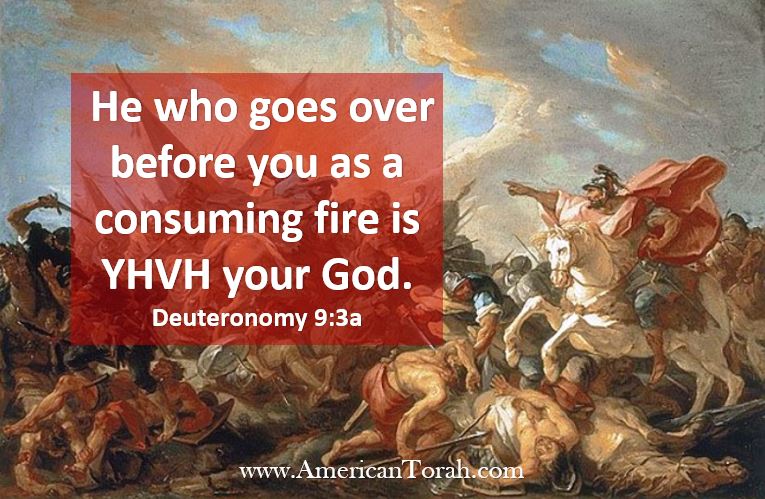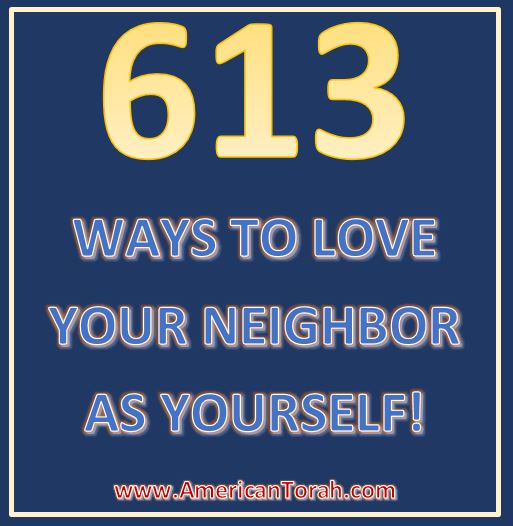by Danny Ehinger
What Is Pride?
Pride. I had a native German for a friend and mentor in the electrical field. We met when he was newly arrived. He spoke very little English and we worked together every day. He understood electrical very well and always carried around a translation dictionary so he could communicate with others on the jobsite. We got along very well and after a bit he made me a deal: if I helped him with English he would help me learn electrical better.
We talked during the day while we worked and at lunch. We were gossiping one day about the way others worked and how we cared about our work while most didn’t seem to. I remember saying, “It is like others do not take pride in their work.” He stopped me there and wanted to know what word I had used. He didn’t understand the word pride. I tried to explain it as he looked it up in his dictionary. When he found it, his reaction was memorable to say the least. “No! No! No! Danny this is no good.” He explained that this was not a good word in German. I tried to explain that there was a positive and negative use of the word in English, but he would not have it. No, he told me, it is no good.
I had never really thought about pride, and his reaction to the word stuck with me. Pride had always been mostly negative for me, I mean the sense of the word. I felt many people were prideful in my family and the phrase, ‘take pride in your work’ never really set well with me. I could not think of a reason why, except that pride seemed so negative. I never saw myself as prideful though. Others had called me arrogant and prideful before, but they just didn’t know the whole story, in my view. It was the way I understood pride that kept me from seeing it for so long.
The clearest way to describe what I understood pride to be is to watch Disney’s animated version of Beauty and the Beast, particularly the scene where Gaston sings his ballad. That has always been what I thought of as pride. Pride meant thinking highly of yourself and overestimating your abilities or knowledge. That was not me; I hated myself. How could I be prideful?
Recognizing My Own Pride
No, I had a different problem. I did not know what my problem was, but I would not even consider pride in my life for many years. I wanted to be free from my personal issues, so I sought the truth as much as I could. I would constantly have problems with other people and pride would come up, but I knew that was not the real issue. I had a hard time dealing with people around me and constantly found myself simply dropping issues because I had no solutions and there were none to be had.
I thought nonstop. Before doing anything I would spend countless hours looking at each experience from every imaginable angle and try and figure out every possible outcome beforehand so that, when I was in the situation, I would be able to do the right thing. I get that this may not be bad behavior for a person who is going to do some big thing, but I did it over everything. Everything I did was thought out.
This kind of worked two ways to make life harder for me and those around me. First, I was never with the people I was with at the time. I was thinking about what was coming up. Then when I got to the situation, I knew exactly what to do and why. Others around me had not spent hours thinking about things, so they didn’t know everything that may happen, and they were experiencing things for the first time. This made our experiences different. I knew what was going to happen and it did, while they had a fresh experience and would want to communicate about it. I had already thought about it making me ready to move on while they felt belittled.
As I said this behavior has its place. It is great if I am planning how to complete a job or a raid to capture Osama Bin Laden. However it is not the best behavior for eating dinner, watching a movie, having sex, going out to eat, playing at the park, or any of the things that make life enjoyable. I was living life before I got there and then, when I was there, I was planning how to get through what was coming. It was exhausting.
I was obviously not living with those around me. The real problem was that I could not see it as a bad thing. I was the one in the know; I was ready. I had already solved the mystery in the movie, and I was right most of the time. When you say something and you’re correct it is not being prideful. It is being accurate. Add self hatred to that and I had absolutely no way to ever see my problem was pride. As a Christian, I was all about seeing my issues and dealing with them, but I was not interested in people who didn’t have everything figured out. (You can imagine how many people I was interested in.) I wanted help and answers, and I couldn’t find them, so I was figuring out the answers myself. I learned a lot, but it didn’t really do anyone any good because I wouldn’t take the time to explain myself. You either got it or you didn’t, and I was moving on to the next thing. See ya!
Then I came to a point where I actually made a mistake. I said something obviously wrong, and this time the people in my life stood up. (I say “this time” because it is likely I had made blatant errors before and people in my life couldn’t or didn’t want to stand up to me.) In the discussion, pride was brought in as the cause of the issue.
At the very same time, I was in a controversy with some others, and in this controversy I was not the offender. It was another. These two events were happening isolated from each other but at the same time. In one I was the problem; in the other it was another person, but the issues were the same. In one I was defending myself; in the other accusing another. I was in earnest working to help the other person see his issues and thinking about them while defending myself. At one of the last meetings before I saw, I was looking at the person I was accusing and asking myself, “Am I looking into the mirror?”
I found myself offering correction and being corrected at the same time. Knowing what I have shared about how I analyze everything, imagine what kind of pickle I was in. I was analyzing how I was right and analyzing why I was wrong at the same time. I think about how amazing God is when I think about the situation that He ordained so that I could have my eyes opened. Talk about a stubborn person. I had to start taking my own advice and analyzing myself. I hated who I was. I know that because I hated it when I saw the things I was doing in others. I just never saw that I was doing the very things I hated.
OK, so I saw my error. Friends labored with me for months and a long week or so over it, and finally I saw it. It was obvious. The error, to me, was not the big news. The big news, as far as I was concerned, was that I could make such an obvious error and not see it or acknowledge it. They kept pointing the error out and I kept talking about everything else but the error. It is embarrassing to think about. It is like having a note put on your back and everyone sees it but you. The only difference is that I was the one who put the note on my own back.
Getting Outside of Myself
Shame aside, I was relieved. Even with all my contemplating of every conceivable angle, I still could not see every possibility, and that brought great relief, because that means that every outcome was NOT dependent upon me. Things could happen and, even when they didn’t go well, it was not because I had the capability to stop them and didn’t. I didn’t even have the capability to fully see every outcome. The world’s problems were not because of me. Whew!
I was relieved for another reason as well. Trusted brothers in Christ told me the issue was pride and gave me a little insight that I didn’t have before. I accepted the rebuke and believed that I had a problem. God opened my eyes and I experienced freedom again from the prison of having to know everything.
I am not sure if it was backsliding (trying to figure everything out again) or not but this led me to thinking over pride. I started to tell everyone in my life that I had an issue with pride and asked them, if they saw it , to point it out to me. I didn’t have the first clue as to what it was. Again, the definition I was working with meant to be puffed up, and that meant Gaston, and I was not that. I had low self esteem.
So I started to attack this thing from every angle. This time, however, I included my family. I felt like this was a big deal, I had never had pride explained to me, nor could I find a very good explanation, yet I knew it was a big problem.
A Working Definition of Pride
Months went by. I cannot recall all of my thoughts, and at the dinner table, while discussing it with my family, we formulated a working definition for pride. By working definition, I mean it was something we could use to start identifying pride in ourselves and each other but not totally settled. Pride was being confident about something that you had not proved so this is the definition we came up with:
“Pride is acting and/or depending on an assumption that could be easily verified.”
It is important to understand the full idea here. It is not prideful to assume. We have to assume many things. We assume that the sun will come up tomorrow. We assume we will be able to walk after a night of sleep. We assume when we post a writing, someone will read it. Life is full of assumptions and we have to assume almost everything to continue to live happily, because it is not in our capabilities to know everything.
It is not prideful to act on assumptions; we do that all the time too. We assume our wife will like flowers. We write letters to people, assuming they care about what we have to say. We stop to see if a person needs help when their car has broken down. We assume people who come to church will drink coffee. We can act on assumptions without being prideful.
The hardest part in the definition is the distinction in the words to “depend” or to “act” on the assumption. What I mean by “acting and/or depending” is that we use the assumption to build upon. I mean we set a foundation upon this assumption and build on that foundation.
Let me illustrate what I mean.
Let’s say I assume my wife will want flowers, so I stop at the store to pick some up. I don’t want to ask her because I want it to be a nice surprise. Not being prideful here. I buy some flowers, her favorite, assuming, again, that she didn’t change her mind since the last time we talked about it. I start to go home and on the way I envision her response, she is going to be so happy, she is going to think I am a good husband and she is going to want to have some alone time latter to thank me.
PRIDE ALERT!!!
See the husband has now built on the assumption, he is now depending upon his original assumption for the rest of his assumptions. The wife is now hopeless unless she can read his mind. He gets home, she just finished with the bills and they have little money. She thinks she is allergic to those flowers now and she just started her period. Needless to say, she is not thrilled about the flowers, and all of his plans have come crashing down. This may be a fight now from what was supposed to be a very kind act.
If the husband had not built on his original assumption he would have come home and gave the gift, listened to the new information from his wife, thrown the flowers out, and went on with the evening. She may have seen his caring heart and, though the situation was a bummer, they now know each other a bit better. I plan to give more examples, but I hope you can see what I mean by ‘acting and/or depending’ on an assumption.
Lastly, what I mean by “easily verified” is that we take an assumption and build upon it when we could, with very little proportionate effort, verify the assumption.
Our world is built upon assumptions and many cannot be verified even if we wanted to. Many things, especially in relationships with others, are easy to verify. For example, you leave for work and though your spouse normally makes your lunch, today there is no lunch for you. You wonder why and decide she is mad at you for something you did. You think that is unfair and you get mad at her for getting mad at you. By the time you get home you have built a case against her, and you let her have it. You fight.
In reality, she just forgot. You could have very easily put off building assumptions upon assumptions until you verified your first assumption. A simple question, “Why didn’t you make my lunch today?” would have allowed you not to worry and fret and fight. Not everything in life is easily verifiable but most relationship issues are. When we choose not to go to the person and simply ask to verify our thoughts and or feelings we are walking in pride.
Pride Hunting
In order for us as a family to help each other see pride we started a game. We called it, “Pride Hunting”. The game worked like this, if you hear someone acting on an assumption that they could easily verify, you shoot them with an imaginary bow and arrow and make the sound of hitting the target. “Swooptttt.” Then the shooter has to explain why he thinks the person is being prideful. He has to show an assumption that is being acted upon. If he cannot, of course, we all get to shoot him. This led to some amazing discoveries. (FYI, we did go through an initial phase of this being fun, then it got a little hurtful and now it is fun again and also more rare as we are all trying not to be prideful.) Here are some examples of what we discovered together.
We discovered pride is not only happening when we are puffed up like Gaston, but rather it was also happening when we got depressed. Mom or dad would offer some form of correction and the child would become sad and sulked. We would ask why they were doing that. The reply was along the lines of, “I feel like you don’t love me,” or something to that effect. We then would shoot them and say, “You’re in pride.” Then we would point out why we said that. They had heard our correction and assumed we gave our correction because, in this case, we didn’t ‘love them’. Then they acted on their assumption (they became sad and sulked) rather than verify it. We then had them ask us about their feelings. “Mom I feel like you don’t love me anymore because of your correction, is that true?”
Mom gets to dispel that idea and replace it with the truth. We see here that self loathing is a result of pride as well.
I struggle with self hatred and depression. Learning from our experiences with the children the next time I became depressed. After I had spent a day in bed and my wife and I were able to talk again, I shared the reasons I fell into depression with my wife, and we spread the situation out and had a long talk about what went on. I brought up all the assumptions I had felt before getting into the pit and found each one was false or just needed some more information. It feels silly as an adult to ask my wife questions about the way I feel. “Honey, when you said this, I think you meant this and this. Is that true?” Rather that verifying the truth I had assumed and allowed my whole world to collapse. What a waste of time and energy. My wife had her things too, and we went through them as well. When we were done, it was like we knew each other better. There was hope.
One of my children was upset with his siblings. He felt like the girls didn’t like him and he was mad at them. We had him ask them. It turned out he was right: they did not like him. His behavior was prideful, however, because he was blaming them for not liking him. They admitted they didn’t like him, and they said why. He was always hitting them or being bossy or changing their games. They had good reason not to like him, but instead of listening to them and working to change, he depended on his right assumption and was angry with them and did more of what they hated. In this case he should have verified his assumption by asking if his feelings were true and then worked to understand how to correct the behavior. This conversation revealed a bundle of pride on everyone’s part.
What we were seeing is that all of our thoughts and feelings need to be verified by asking questions of the people we have the thoughts and feelings about. If we do not verify them, then we certainly shouldn’t build anything upon them.
Let’s look at giving a gift. I talked earlier about when a husband may stop and buy his wife some flowers. The question is how can we give a gift without being prideful? I’m singling out gift-giving because most gifts are acting on an assumption that we do not want to verify because we want it to be a surprise. So how do we pull this off? I think we have to give the gift expecting…..nothing. Even expecting a thank you or a smile of gratitude is building on an assumption and, if that simple assumption of ours is not met, we will be disappointed. I think in order to give gifts freely, without pride, we even need to be ready to have the person we are giving to be disappointed. It is just not fair to assume a person’s response for them. I know I hate that pressure as well.
Another thing that had to go in our home due to the ‘pride hunting’ game was generalizations. We started to realize just how much we generalized, as in “you ALWAYS do that”. Arrows began to fly at the words: ALWAYS, EVERYTIME, EVERYONE, CONSTANTLY, NEVER because they were easy pickings. Those words need qualifiers and we soon learned we needed to stop using them and be more accurate when we exposed things others do that we don’t like. We are now more careful to say things like, “it SEEMS like you are doing that a lot” etc. It is funny, but that little bit of breathing room given, rather than the suffocating generalization, makes a huge difference.
Deconstruction
After a while of focusing on this, I realized that this problem in my life had been there for a long time. It is hard to explain but, when God opened my eyes again (as described above), I felt a release from a fear I didn’t know I had. I had a fear of learning. I am not exactly sure how it worked, because I know that I learned stuff, but I felt this release to learn anything I wanted. The fear was gone. I didn’t exactly understand this fear of learning until realizing how much of my life was built upon assumptions.
When you decide to build upon assumptions, the fear that comes with pride is anyone proving your assumptions are wrong. When that happens, you lose everything built on top of those assumptions as well. That means you have to start over again, and starting over can be a painfully embarrassing enterprise. I think that is where my fear of learning came from. Subconsciously I was protecting all of the assumptions that I had been too lazy or selfish to verify. What a crock!
I think this is the reason that, the older people get, the more they refuse to hear anything that might challenge what they “know”. I realized that in my life I needed to allow a process of deconstruction and reconstruction. Deconstruction is the process of digging through past thoughts and feelings and verifying them. It is looking through issues in life and tracing them back to a point of pride. For instance, the way I may feel and think about my father. “Why do I think this way about him?” may be the question I ask. If the answer is because “he did this”, what about him doing that made me feel like I do? This may lead to twenty incidences over 23 years until I get to the actual root. Then, when I get to that root cause for my feelings for him, I can deal with it by sharing my thoughts and repenting or forgiving him. From there go to the next thing that comes to mind.
This may be a long process and some things that come up may not be able to be dealt with directly. The person could be dead, for instance. It seems to me it is still important to go through them and deal with the issues. I believe this type of work is something that takes courage and must be led by the Holy Spirit. I believe this type of work will be systemic and lead to us being healed and to the healing of many who live in the same prison. I also feel this type of thing is what we do when we actually believe “that there is no condemnation for those who are in Christ Jesus.”
Another aspect of depending upon an assumption that could easily be verified is not correcting past wrongs. “Yeah we did that thing way back in high school, but I am sure they are over it by now.” Really? How can we be sure? Are you over the way you were treated? One example of this in my life was when I believe the Holy Spirit brought to mind a cruel thing I did in high school and was able to, through the power of Facebook, apologize.
Programmed Assumptions.
Programmed assumptions are things society teaches us that we accept and never verify. It is amazing how many things we are taught to believe and most never question. One example is how we are taught that the Civil War was fought because of slavery. That is the popular story, and I remember the first time hearing the war was about states’ rights and that slavery was a peripheral issue. These types of programmed assumptions go on and on. We need to learn to verify facts and not build our beliefs upon things we are told.
Floating Assumptions.
This is the last and maybe the most frustrating assumption of all. A floating assumption is putting on assumptions like eyeglasses and viewing the world through them. This is the type of assumption that makes us think about others, “There is no hope for them.” The Word says this, “Do you see a person wise in his own eyes? There is more hope for a fool than for him.” Proverbs 26:12
Floating assumptions are likely assumptions we have received from our parents as children or we put them on as a self-defense mechanism. I think racism is an assumption like this. Many church doctrines or other family or social beliefs get put on from a young age, and it literally takes an act of God to remove them. These floating assumptions that we wear like glasses taint all we see and, not only do they go unnoticed, but because there is no contrast to identify them, they are the wearer’s reality.
The truth is I may have one even now, or you might. The only way I know of identifying them and removing them is through relationship with others and a willingness to bear with one another even through ferocious fights. If you are constantly having issues with people and you cannot see the problem, you may have a floating assumption. Removing a floating assumption can be like a drug addict coming down and detoxing. It takes a tough love, a much tougher love than most are willing to endure. I am thankful for those in my life for going through tough issues and I believe there are more to come as Jesus continues to reveal truth and set us free so we can be healed.
Becoming a New Man
My hope in writing this is to simply share a hope that God has given me. I want to expose the evil of pride, share the NEW life that comes from not assuming things and from living in the real world and I want to give you the tools that have helped me overcome this sneaky serpent. As men and fathers we lead by example, if we are prideful we are not at all like our Messiah. I believe overcoming any issue in our lives is an act of God, it is His work and He does His work in the light(in honesty and vulnerability).
You may not think you are prideful, if that is true then you should have no issues investigating to be sure you are not. Ask a friend to be honest with you, ask your father and mother, ask your wife. If they are not afraid of you, they will tell you. If they are afraid of you, you can be sure you walk in pride.
Pride is ALWAYS short lived and has nothing to do with following Jesus. Please turn from pride today.
That is why Scripture says: “God opposes the proud but shows favor to the humble.”
James 4:6
A man’s pride will be the cause of his fall, but he who has a gentle spirit will get honour.
Proverbs 29:23










